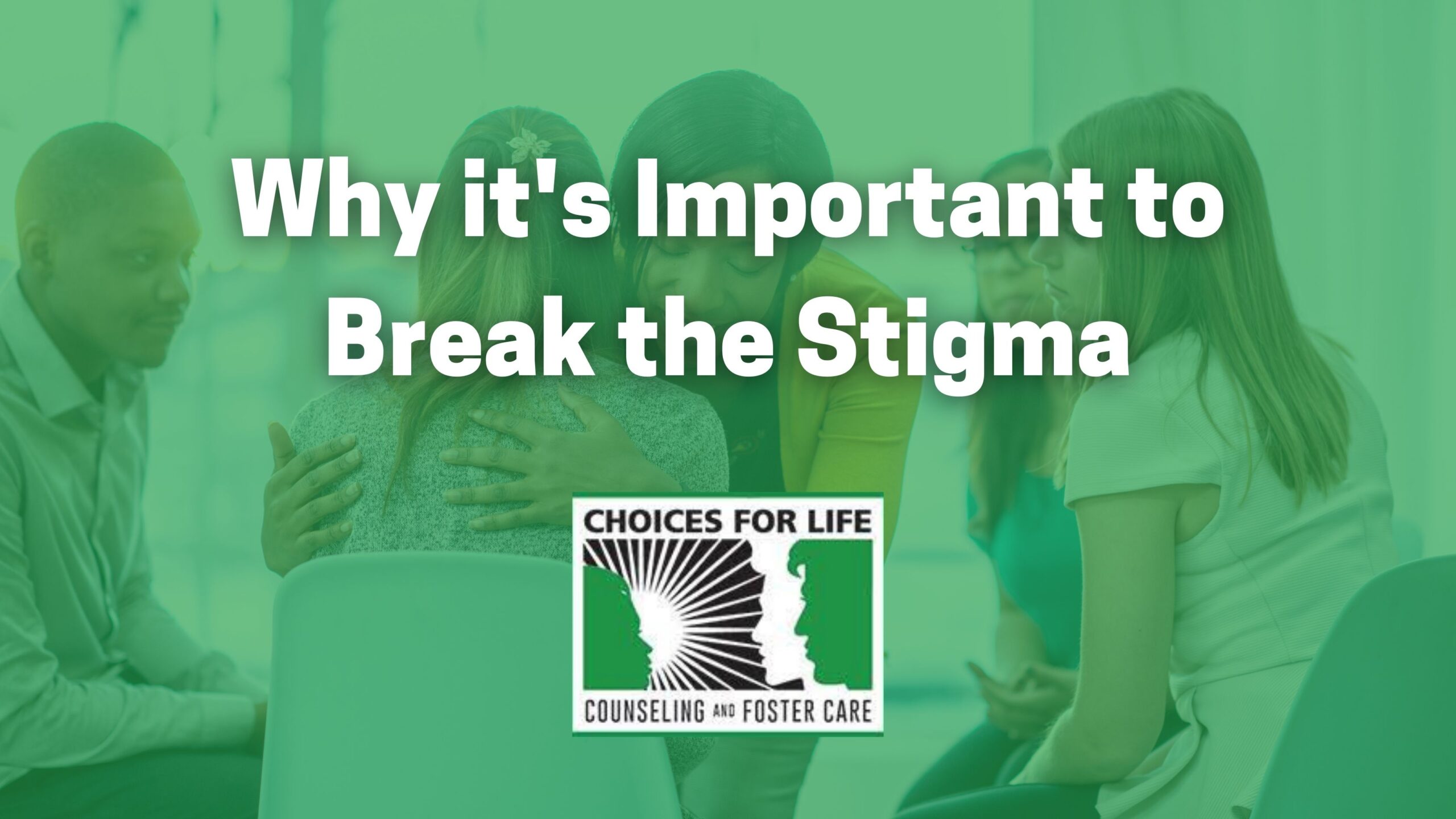Before we start this blog, we want to address a trigger warning for talk of self harm and suicide. If you or someone you know is experiencing these issues, please do not hesitate to reach out to a professional. If it is an emergency, please call 911.
Breaking the stigma around mental health goes deeper than only discussing the light and “easy to digest” side of things. There is a lot more to mental health that isn’t always easy to talk about. Whether it’s because we are too embarrassed, scared, or just uneducated, there is no excuse for the lack of discussion around suicide and self harm. We want to address some of the key reasons why discussing these tough topics are beneficial. We also want to address what you can do if someone opens up to you about thoughts of suicide or self harm..
Definitions and Warning Signs
First, what are the official definitions of suicide and self harm? Suicide is the act of self harm with the intention of dying. Whereas self harm is the act of purposefully hurting oneself to cope with emotions. Now, what are the warning signs of self harm and suicide? Some of the more obvious signs may be increased usage of drugs and alcohol, mentioning being a burden to others, sleeping too little or too much, and withdrawing from others. Knowing these warning signs is just the beginning to help others and decrease the stigma.
Appropriate Ways to Discuss These Topics
Discussing suicide and self harm can bring up dark and scary emotions for many people. It is important that whenever talking about these topics, you preface them with trigger warnings. Trigger warnings are small disclaimers that are put at the beginning of discussions or content where difficult topics are mentioned. After the trigger warning, there are other things you can do to appropriately talk about suicide and self harm. If you are worried about someone and wish to bring up your concerns to them, choose a time and place where you can talk openly. Ideally, both you and your friend or loved one need to be calm and in a safe space to have this conversation, so make sure the time is right.. Don’t try to talk them out of suicide by reminding them ‘what they’ve got going for them’ or how much it would hurt their friends and family. It’s also important to not try to fix their problems that are out of your control. Remember to listen with empathy and without judgement. That is the most important tip.
Why You Should Help Break the Stigma
Although society has made huge strides with mental health in the past few years, we are nowhere near completely breaking the stigma. Having open discussions not only makes seeking help for mental health a societal norm, but it also might encourage those who are suffering silently to seek help or have the difficult conversation themselves. Working towards breaking the stigma is just one small step we can take to help decrease suicide and self harm.
If reading this blog post pushes you to seek help, please do not hesitate to reach out. Our team is well trained and experienced in discussing these topics and helping those who are experiencing thoughts of suicide or self harm. Choices for Life’s outpatient counseling is dedicated to affecting positive change through individual, family, and group processes. By combining the skills and resources of our Choices for Life professional team in concert with the therapeutic community, we can provide the highest quality of help.


